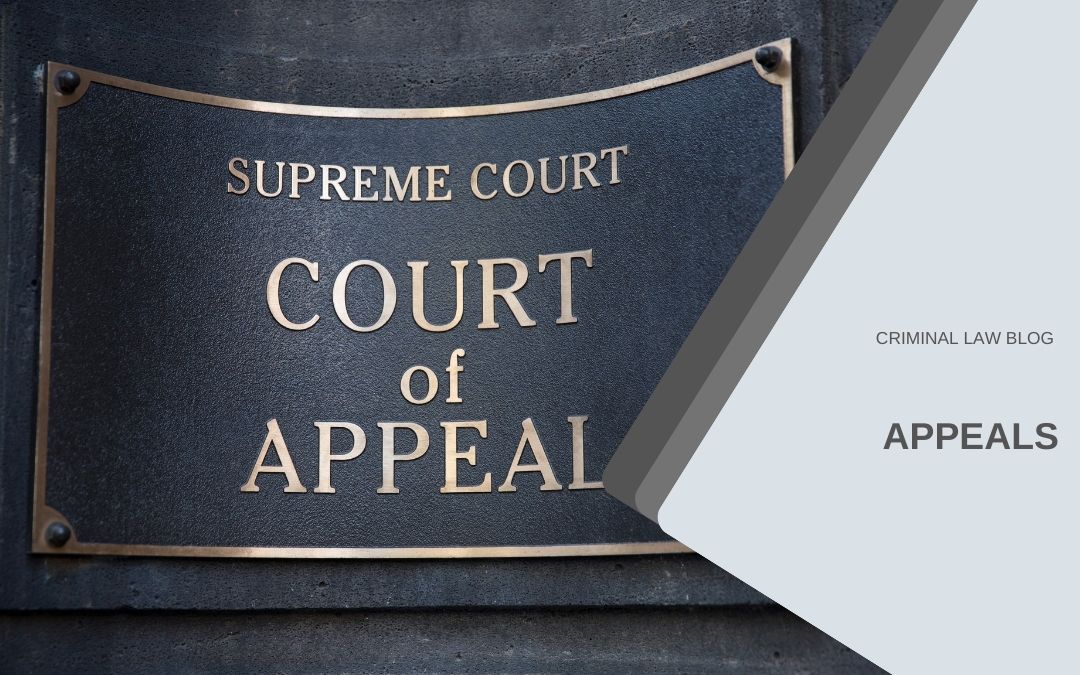A defendant who is found guilty may appeal the ruling to a higher court if they believe they were wrongfully convicted or received a sentence that was too harsh.
In criminal cases, a defendant can appeal a guilty verdict, but the prosecutor can not appeal a not guilty verdict. But either side may appeal the sentencing following a guilty verdict.
Appeal process
The appeal process is not a retrial or new trial. Instead, the court of appeals reviews the trial and the decision to look for specific mistakes or errors. New evidence can not be added to the record.
During the appeal process, the losing side (called the appellant) provides a written brief containing one or more issues related to the proceedings or sentencing that supports the ruling was incorrect. The other side (appellee) files a written brief in response to the appellant’s brief stating why the trial or sentencing is correct.
The court of appeals reviews both briefs and may choose to hear a short oral statement from both sides’ attorneys. Then, the court makes its decision, which is issued as a written opinion. If an error is determined, the court may order a new trial or enter a judgment of acquittal.
If you want to appeal, you need to file a notice typically within thirty days following sentencing. An appeals attorney can help you prepare the appropriate information, including the written brief.


